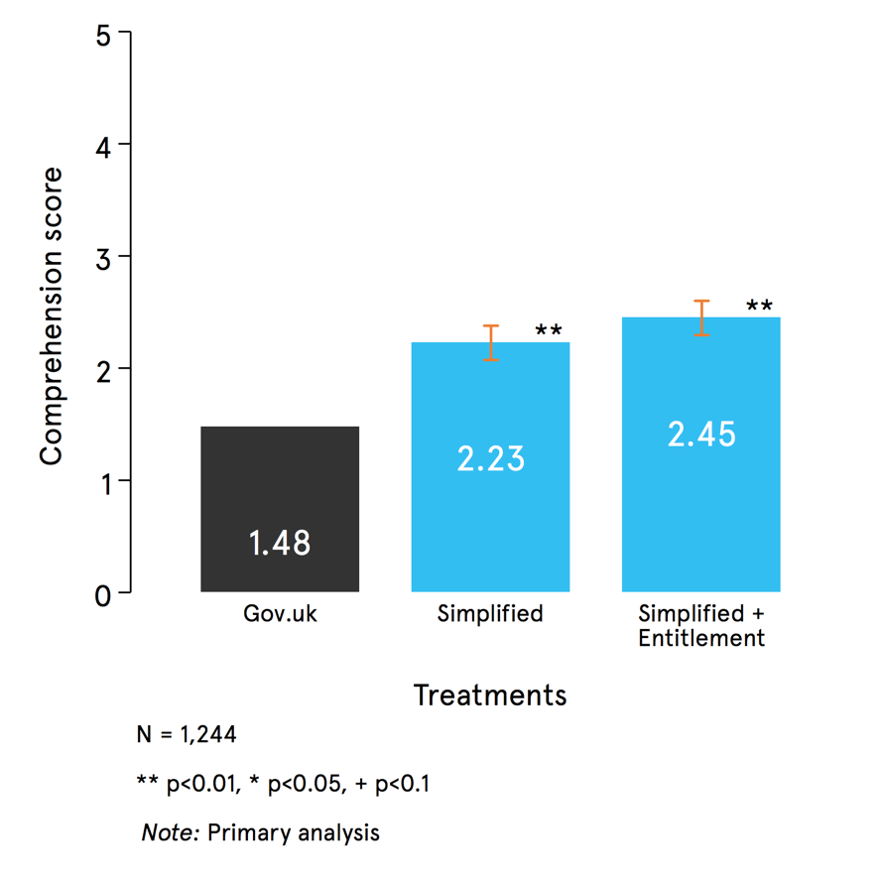Kids in Finland are unique among their international counterparts – they are the only children to spend more time with their dads than with their mums.
Could the Finnish model of childcare have lessons for the rest of us? Some research suggests that kids who spend time with their fathers in addition to their mothers grow up to be more intelligent, do better at school and in their careers, and have better mental and physical health.
Dads who are involved in childcare seem to benefit too: paternal involvement is associated with dads being happier, healthier and even less likely to die prematurely. And their relationships seem better: paternal involvement is correlated with greater marital stability and satisfaction.
Currently, women in the UK still do more than twice as much childcare as men (4.5 hours per week compared to less than 2 hours for men). In addition to doing more of the childcare while working, women are also more likely to take time out of work to care for children.
By getting more involved in childcare, men can support the financial well-being and career prospects of their partners – disparities in childcare are a primary driver behind the gender pay gap (on average, women still get paid 18 per cent less per hour than men in the UK).
Shared Parental Leave and flexible working
Two ways men can play a bigger role in childcare, especially during those all important early years, are by taking Shared Parental Leave or requesting to work flexibly.
Shared Parental Leave is a government policy that gives all eligible parents the legal right to share up to 50 weeks of leave in the child’s first year. All employees also have the right to request flexible working. But only 2-8 per cent of eligible parents currently make use of Shared Parental Leave, according to estimates. Men and their families are missing out on a range of benefits by not making use of the options available to them.
We worked with the Government Equalities Office (GEO) to understand what is stopping parents from sharing childcare more equally, as well as testing some of our ideas. This week we have released the findings from two online experiments using BIT’s Predictiv platform.
Finding 1: Messages that encourage fathers to share childcare more equally
The first experiment, involving 1600 men who were planning to have kids, tested whether different behaviourally informed messages increase fathers’ interest in and intentions of taking up Shared Parental Leave or flexible working.
We found that overall, these messages – from pointing out the cost to mothers, to emphasising positive role models – did not increase fathers’ engagement or stated intentions to take Shared Parental Leave and flexible working.
We did however note, in a secondary analysis, that the results differ for men who already have children and those who do not, and in opposite directions.
Finding 2: Presenting information to increase interest in Shared Parental Leave
The second experiment involved 1244 people and tested whether providing simplified information about Shared Parental Leave increases prospective parents’ understanding of the scheme and their stated willingness to use it, compared to standard government communications. We found that:
- Providing prospective and current parents with simplified information about Shared Parental Leave improved parents’ comprehension of the scheme.
- Highlighting Shared Parental Leave as a legal entitlement for eligible parents (‘Most new parents have the legal right to Shared Parental Leave. Your employer must allow you to take Shared Parental Leave if you are eligible.’) together with simplifying the information improved parents’ understanding of the scheme. It also reduced their perception that taking up the scheme would require a lot of effort. Making it clear that Shared Parental Leave is a right rather than up to individual employers’ discretion can help more parents make use of it.
These results have already been used to support the recent government campaign on Shared Parental Leave.

What next?
If you’re planning or about to become a dad, consider your options under Shared Parental Leave or flexible working. If you’re an employer, make sure your staff are aware of their rights to take Shared Parental Leave or request flexible working – and encourage men as well as women to make use of them.
It won’t surprise you to learn that BIT supports its own employees who want to take Shared Parental Leave. Our Managing Director, Owain Service, took 6 weeks of parental leave after the birth of his first child.
Owain says: ‘It was a fantastic opportunity to spend quality time with my young son, and also helped my wife Sophie to return to work a little earlier than she would have otherwise done’.
We’re also very excited to continue our partnership with the Government Equalities Office, finding ways of empowering men to play as great a role in childcare as possible. We will be doing this as a part of the 2-year Gender and Behavioural Insights Programme, with more results to follow.




